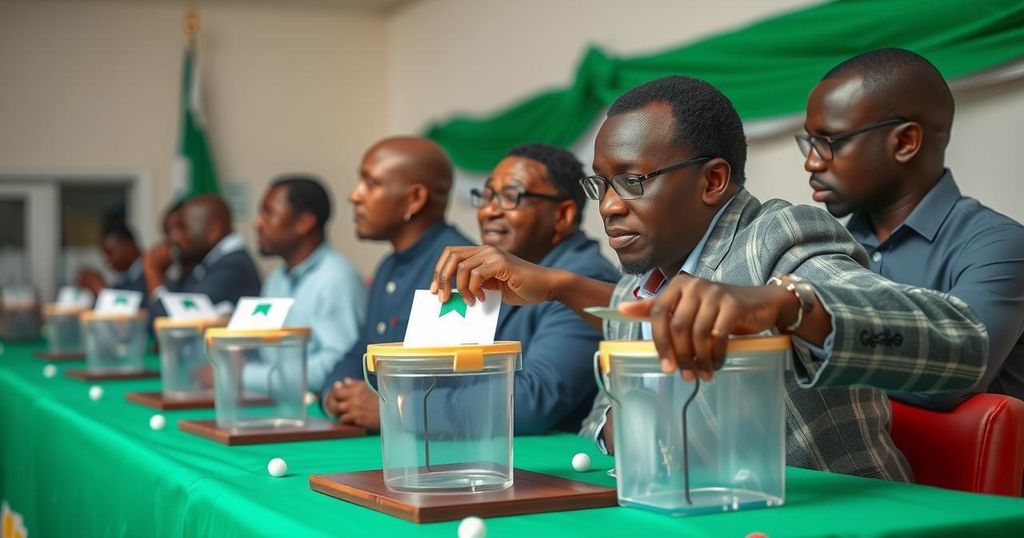World news
2024 ELECTIONS, AFRICA, AFRICA CENTER FOR STRATEGIC STUDIES, AHMED ABDALLAH SAMBI, AP, ASSOUMANI, AZALI ASSOUMANI, COMOROS, CONVENTION FOR THE RENEWAL OF THE COMOROS, ELECTIONS, EUROPE, FRANCE, GOVERNANCE, GOVERNMENT, GRANDE COMORE, JUWA PARTY, MORONI, NATIONAL ASSEMBLY, NATIONAL ELECTORAL COMMISSION, U. S. CONGRESS, VOTER TURNOUT
Michael Grant
0 Comments
Comoros Parliamentary Election and Opposition Boycott Amid Political Tensions
Comoros held a parliamentary election on Sunday boycotted by opposition leaders who criticized President Azali Assoumani’s increasingly authoritarian regime. Approximately 330,000 voters were registered in a country of 850,000, with low turnout expected due to disillusionment with the electoral process. Past elections have been labeled fraudulent, and concerns over the credibility of the current election persist.
Comoros conducted a parliamentary election on Sunday, amidst a boycott by several opposition leaders who expressed concerns over the increasingly authoritarian behavior of President Azali Assoumani and his ruling party. The election aims to fill 33 seats in the legislature, with results anticipated next week. Approximately 330,000 voters from a total population of 850,000 were registered to cast their ballots. Opposition parties predicted a low turnout due to widespread disillusionment with the electoral process. Previous elections, particularly the last parliamentary election in 2020, were labeled a “masquerade,” with claims of unfair practices leading to Assoumani’s continued presidency amid protests. The Juwa Party, led by former President Ahmed Abdallah Sambi, was notably absent from the voting process. Comoros, an island nation fraught with political strife and military coups since 1975, has seen Assoumani amass power through a series of contentious elections and constitutional changes allowing him to circumvent term limits, raising alarms regarding political repression in the country. Officials proceeded with the vote despite the challenges posed by Tropical Cyclone Dikeledi, which was nearing the region.
The current situation in Comoros is rooted in a history of political instability characterized by military coups since its independence from France in 1975. President Azali Assoumani, a former military officer, first took power in 1999 and has since returned to office multiple times, with his administration marked by allegations of electoral fraud and authoritarian governance. The opposition parties’ boycott of the recent elections highlights deep-seated dissatisfaction with the political climate and the perceived erosion of democratic practices. Previous elections have faced significant criticism, and concerns regarding the legitimacy of the electoral process remain prominent in this context.
The parliamentary election in Comoros, characterized by a boycott from opposition leaders, reflects the ongoing challenge of political integrity and democratic practice in the nation. Under President Assoumani’s leadership, historical grievances regarding electoral fairness and authoritarian tendencies have surfaced, underscoring a critical juncture in Comorian politics. As the election unfolds amidst adverse weather conditions, the anticipated voter turnout and the legitimacy of the electoral process will remain pivotal in shaping the country’s democratic future.
Original Source: abcnews.go.com




Post Comment